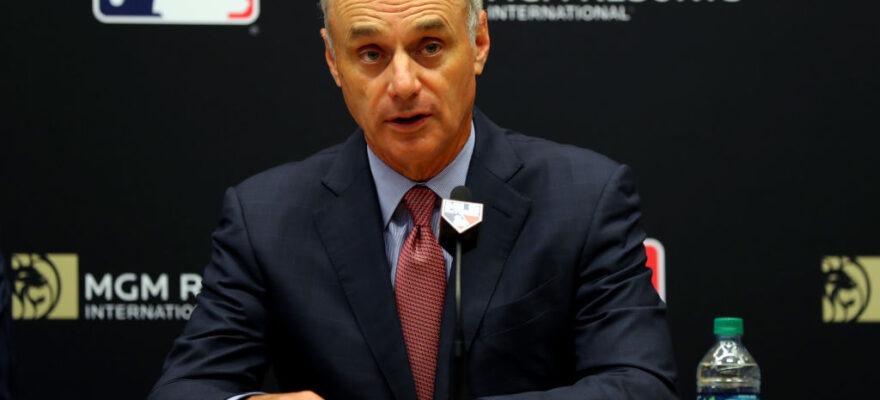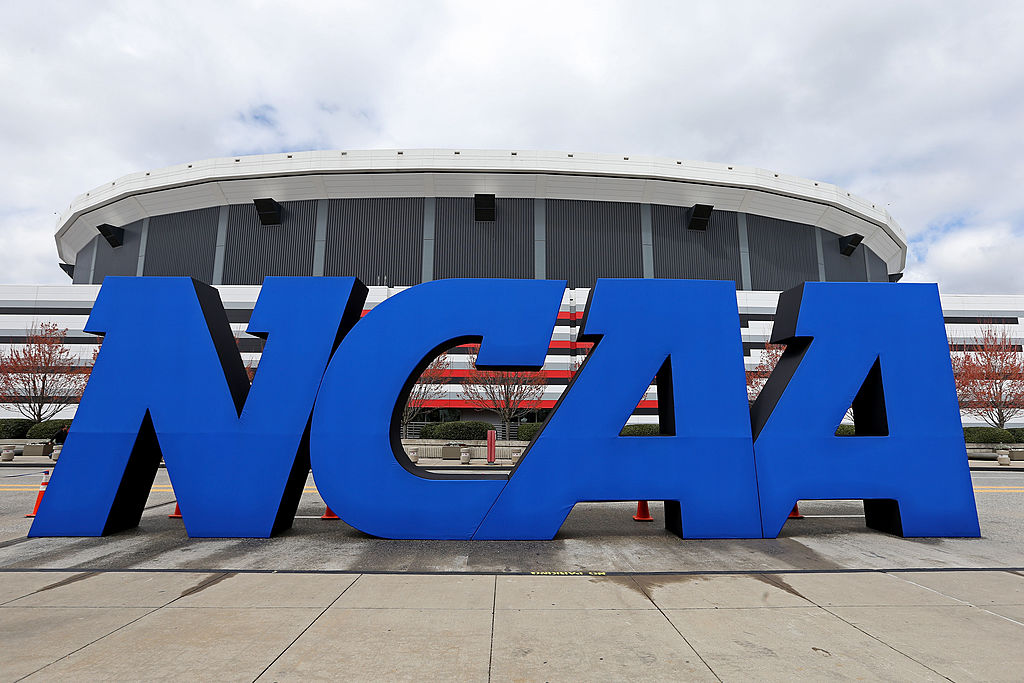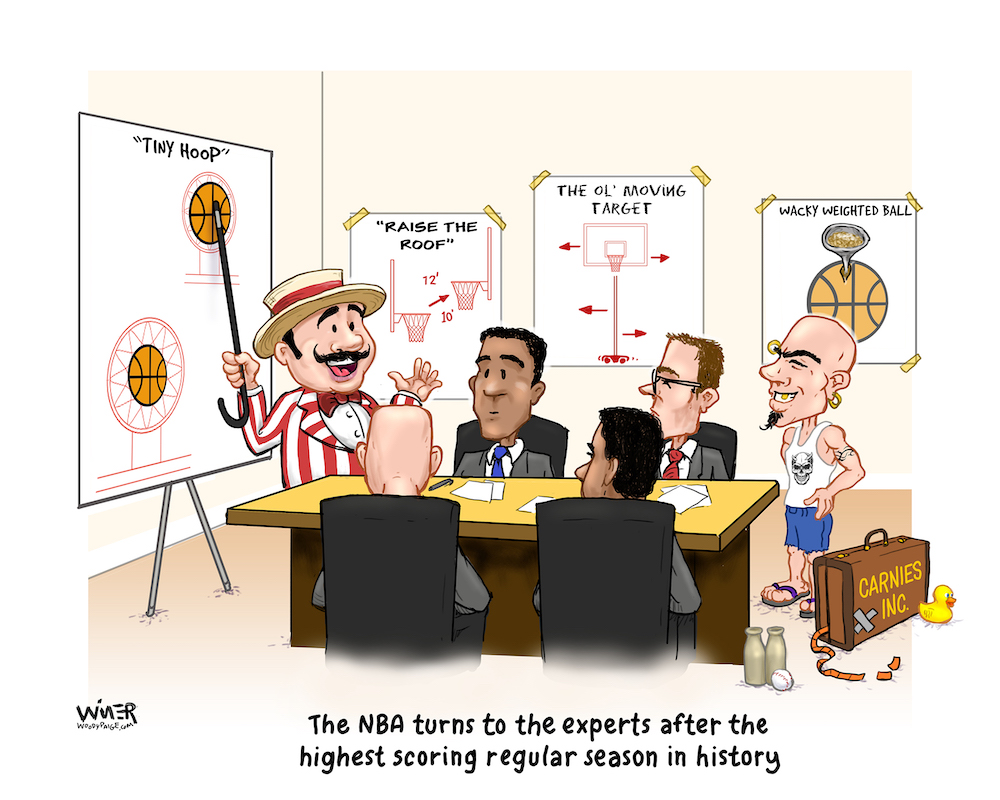“Non-baseball people making baseball decisions.”
You might have heard ownership complaining about that back in the days when Marvin Miller and later Don Fehr were running the Major League Baseball Players Association (the union.) Miller certainly wasn’t a baseball man when he jump started the player’s union in the mid 1960’s. He was a “labor economist” and a lead negotiator for the Steel Workers of America before becoming involved in the business of baseball. Fehr was a lawyer by trade hired by Miller in the mid 1970’s to be the player’s union General Counsel. When Miller retired, Fehr became head of the union until he retired in 2009.
Both men – and those who worked with them – learned about the game while becoming champions for the cause of the players. But neither professed to know the inner workings of bunt defenses or how to execute a successful double steal. Neither did Fehr’s successor, attorney Michael Weiner, who held the post for four years until he passed away from a brain tumor in 2013 at age 51.
The difference between them and the lawyers running baseball now is that the union lawyers never got to make THE decisions.
There’s been a dramatic change on both sides of the bargaining table as baseball grits it’s collective teeth and prepares for the first work stoppage in more than a quarter century. The current Collective Bargaining Agreement expires on November 30th. It’s expected that the Owners will implement a lockout on December 1st.
Back in the day, the owners were seen as the guardians of the game, the group trying to keep baseball fan-friendly and hold down the growing salaries of the greedy players.
At least that’s how it was portrayed.
The late Bart Giamatti. Fay Vincent. These were baseball purists sitting in the Commissioners chair. When former Milwaukee Braves season ticket holder turned owner of the Milwaukee Brewers turned Commissioner of Major League Baseball Bud Selig took over as the head of the owners, that image was galvanized. Those of us who knew Mr. Selig can all confirm that he was a fan first and a businessman second. While he was in office, Selig sat on one side, while the money-first attorney’s sat on the other.
But things flipped completely when Selig retired in 2015. That’s because Weiner’s successor, who took over two years earlier, did know baseball. Inside and out. Tony Clark became the first former Major League Baseball player to lead the players union. On the flip side, Selig’s replacement, Rob Manfred, is a self-described, “transactional lawyer.”
So now, seven years into his tenure, it’s Clark and the player’s union who are trying to “protect the game” while the owners and their lawyers appear to be collectively trying to squeeze every penny out of their investments.
The evidence: It was seen as radical when Selig brought interleague play and the wild card play-off format to MLB. Now, those seem like mild changes compared to things that the owners are now considering. Baseball has already broken down the barrier between the game and sports betting in the name of profit. And it won’t be too long before they come up with a workable and competent method to call balls and strikes electronically. Things that Clark and the players union see as an affront to the game, like moving the pitching rubber back 12 inches or allowing guys to “steal first base” on any pitch in the dirt or extra inning tie breaker rules and the like are being auditioned in independent leagues to see if they can help the owners bottom line in any way.
Many who have seen Manfred in action wonder out loud if he even likes baseball. Some who know him well swear that he does, that he “loves the game.” But it’s hard to imagine any scenario where Selig would have entertained any of these strange rule change proposals. And Selig’s stance on competitive balance was well documented. He fought hard to make sure that small market teams – like his Brewers – had at least a puncher’s chance every season. Winning mattered to him.
That’s not necessarily the case with many owners today. Fielding a competitive team is now secondary in many places to turning a phat profit every single year.
Unfortunately for Clark and true baseball fans, the union has no power to halt any rule changes – no matter how ridiculous – from taking effect. The lawyers, not the baseball purists, are in charge of that now. The owners can propose a change, and if the players don’t like it immediately, they simply have to wait one season to implement it. It’s not the players, for instance, who wanted the “three batter minimum” rule for relief pitchers. That’s all on the owners.
But Clark and the union will have some say – during the ongoing CBA negotiations – on the way the games are being contested on the field. Fans in all pro sports have grown tired of “tanking” and it remains a big issue at the Major League level. There were a half dozen teams that were – the union will say by choice – non-competitive this past season. Baltimore AND Arizona each lost 110 games, while the Orioles kept the game’s top prospect, Adley Rutschman, in the minors all season. Texas lost 102, Pittsburgh lost 101 and Washington, which held a fire sale at the trade deadline, dropped 97 contests. You almost have to try to lose that many games in a season.
In the union’s estimation, those teams were not trying to win (i.e., paying more in salaries) as much as they were simply trying to make money. The way the game is structured now, with multiple revenue streams available for every team there is a large profit to be made before they sell a single ticket. Under the current CBA, the motivation to spend money on salaries in order to put a winning team on the field is simply not strong enough to force owners to go all out to win.
Add this all together and it’s the perfect recipe for the first work stoppage since the cancellation of the World Series in 1994. The two sides are already at the bargaining table, and the silence has been a blessing thus far. But come December when free agency screeches to a halt and team facilities are shut down and there are images on TV of padlocked gates, things could start getting ugly once again.
Catch Mark and MLB.com’s Manny Randhawa on “The Park Adjusted Rockies Podcast” available on all major podcast platforms.
More from The Woody Paige Sports Network:
- Woody Paige: That time I played blackjack with Michael Jordan in Monte Carlo
- John Elway’s 7 best moments as General Manager of the Denver Broncos
- Super Bowl odds 2022: Tom Brady and Buccaneers among Super Bowl 56 favorites
- Nix the “Power Six” – Time for real a G5 “Alliance” between the AAC and the Mountain West
- Is Teddy Bridgewater the long-term answer at QB for the Denver Broncos?
- Who should end up where in College Football’s “Super Conference” – and who should be left out?
- Woody Paige: Pat Bowlen’s legacy doesn’t deserve longtime, clownish Kaiser claim
- Could Peyton Manning and John Elway co-exist in the same Broncos new ownership backfield?


















